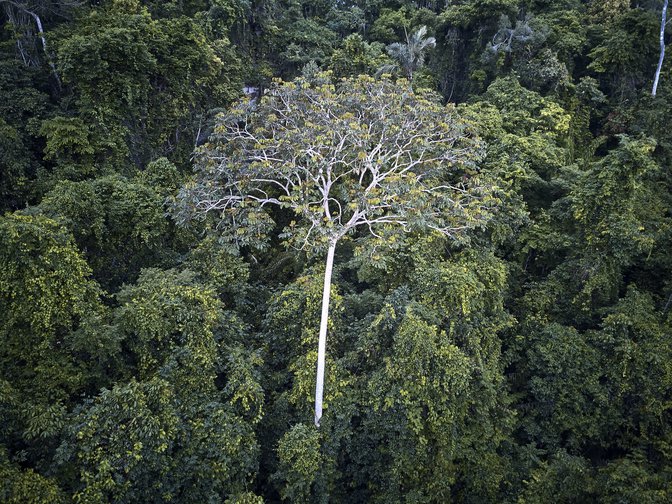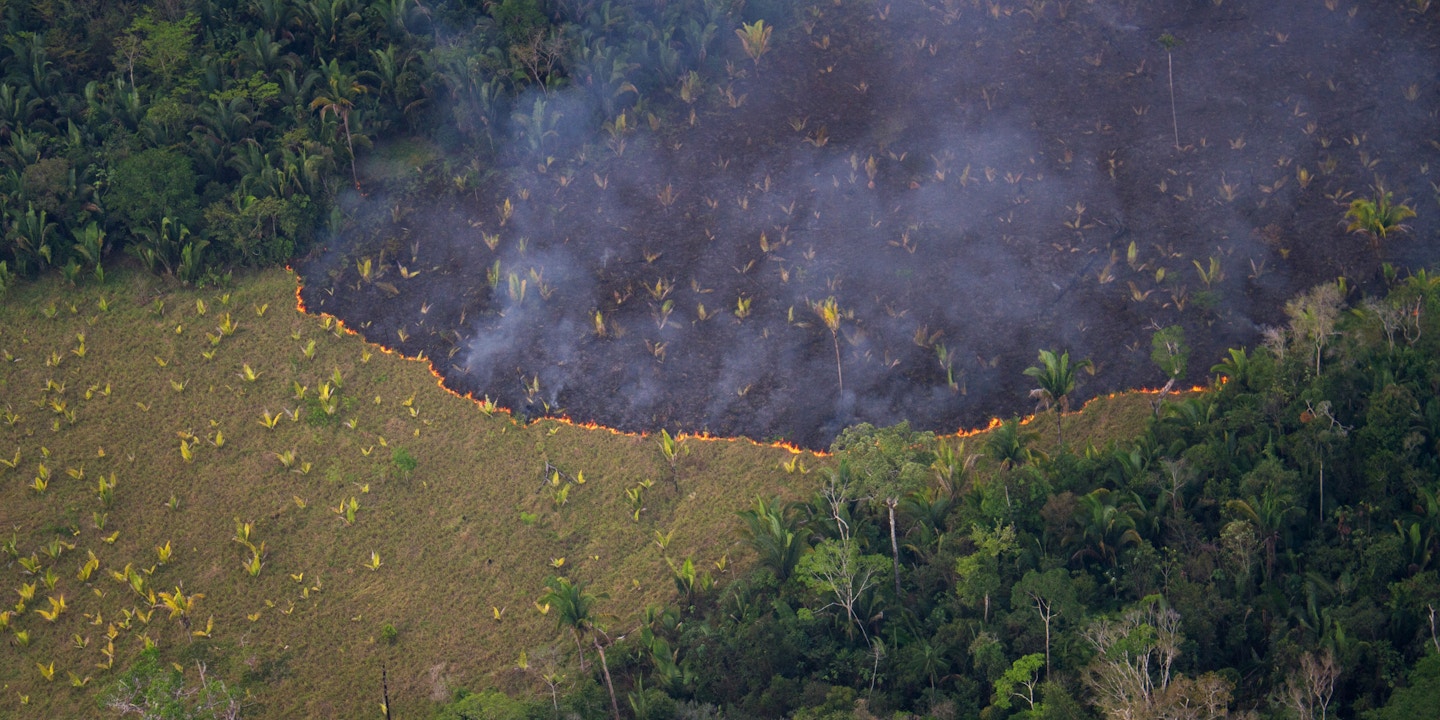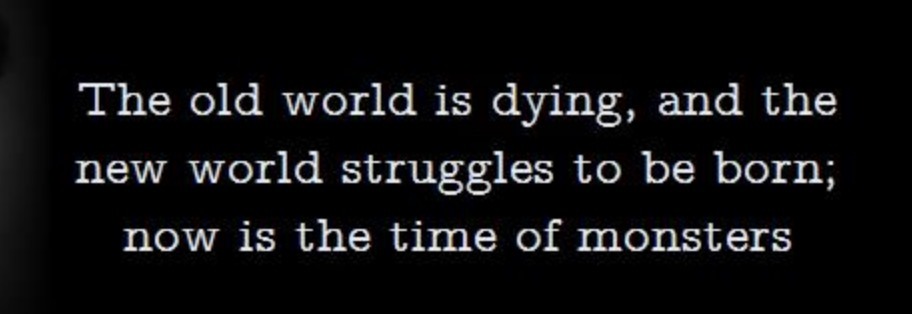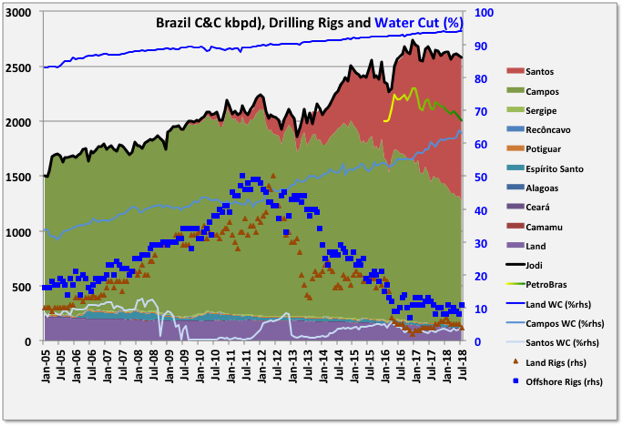
Hi. I’m sorry to my regular readers for not writing any articles in the last couple of days; I’ve just been staring transfixed at the fallout from the election of Jair Bolsonaro in Brazil, and the words which normally come bubbling up on their own just haven’t been there for me.
Bolsonaro is a fascist. I mean that in a very real, literal and non-alarmist way. I’ve seen a lot of conservatives in both the US and Australia defending him as just another right wing nationalist like Donald Trump, which is partly due to the fact that he has been straightforwardly labeled the “Trump of the tropics” and the “Brazilian Donald Trump” by the English-speaking mass media, and partly due to the fact that the political left has been warning of the danger Bolsonaro poses using the exact same language they used to warn about Trump.
So in a way it’s understandable that the two men would be lumped into the same group in public perception. The right (the MAGA hat-wearing “Build the wall” right, not the tiki torch-waving “Pinochet did nothing wrong” right) would probably mostly object to Trump calling for a civil war in America in which tens of thousands of Americans would be rounded up and murdered, advocating the physical assault of homosexuals in the street, openly proclaiming that he wants America to be a dictatorship etc, but these are all things Bolsonaro has publicly spoken in favor of. But because they’ve been hearing him described using the exact same labels and dire warnings that were hyperbolically applied to Donald Trump, who minus the rhetoric and hysteria has turned out to be a fairly conventional Republican president, conservatives assume Bolsonaro is fine. All the most severe linguistic tools were used up against Trump, so there were none left in the toolbox for Bolsonaro.
…click on the above link to read the rest of the article…

















